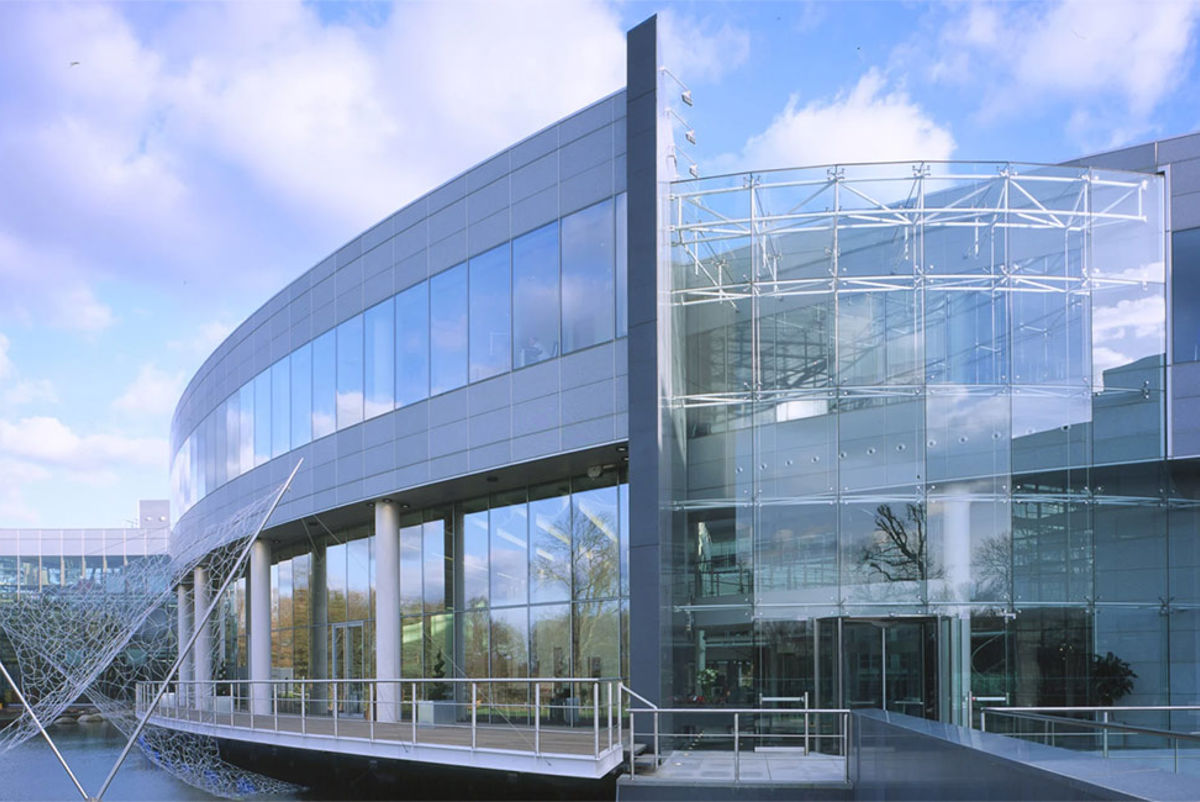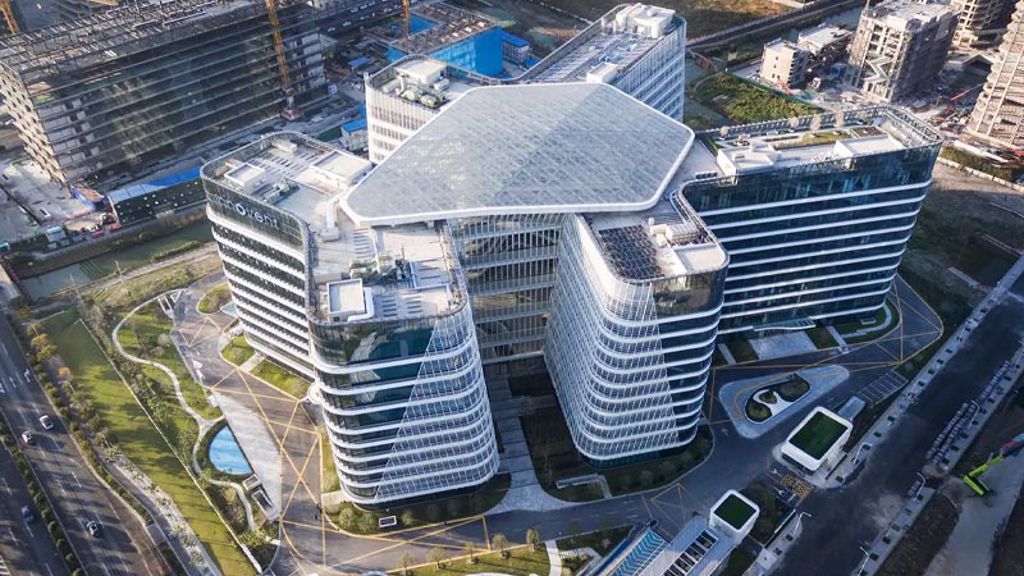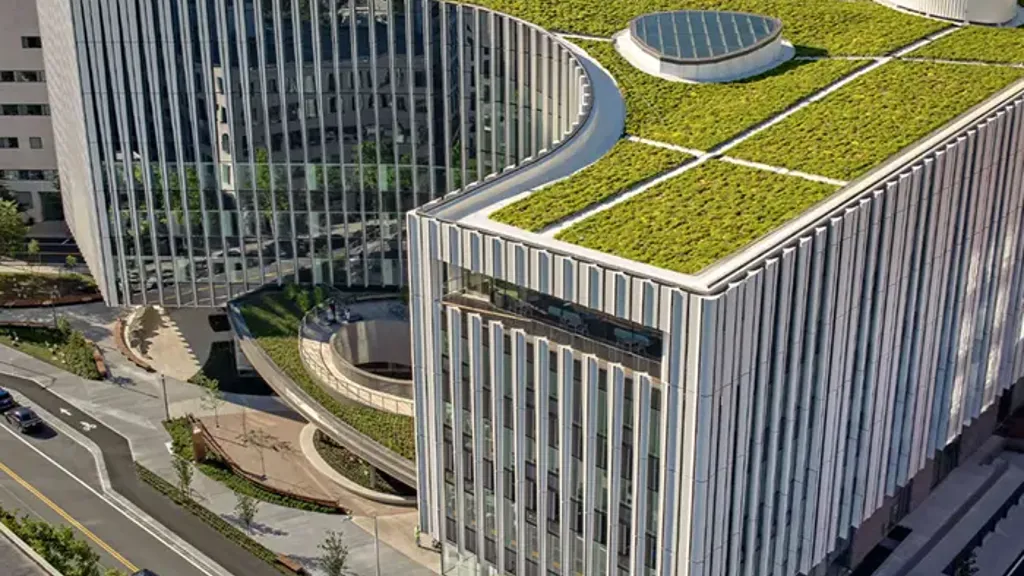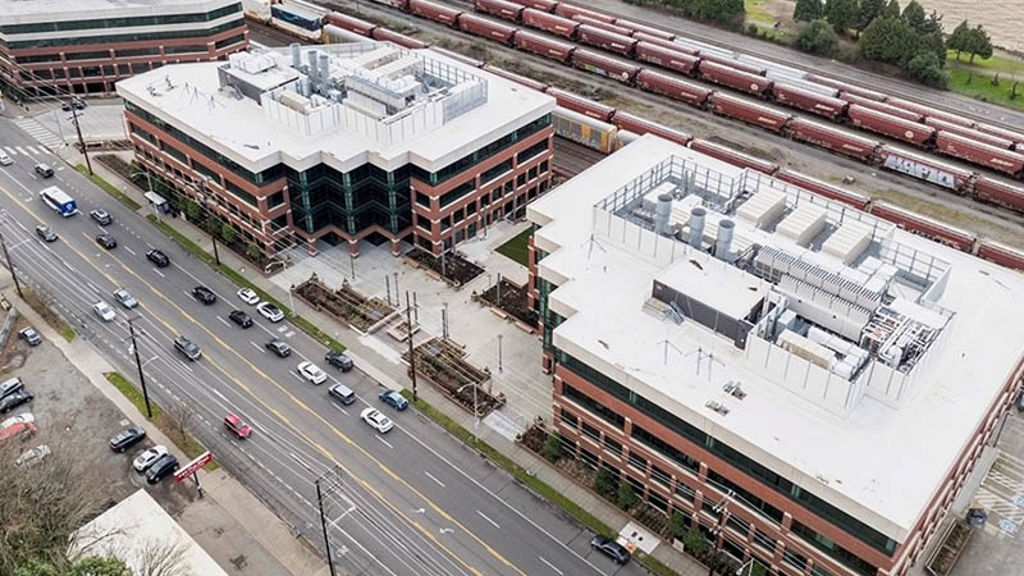Energy efficiency, resilience and sustainability in life sciences
Most Pharmaceutical and Life Sciences companies have set ambitious sustainability and decarbonisation targets.

In the meantime, disruptors such as climate change, geopolitical events, regulatory compliance and energy market volatility are impacting business continuity and competitiveness. The need for energy resilience measures has never been more urgent. Unfortunately, the high energy intensity of manufacturing processes and stringent environmental regulations can pose challenges for both decarbonisation and capacity expansion.
An integrated approach to energy efficiency, sustainability and resilience is key to mitigating these challenges. Arup’s multi-disciplinary team of engineers and sustainability consultants advise clients on the implementation of sustainability and resilience strategies and roadmaps at all stages of projects and programmes.
Energy efficiency is key to decarbonisation, reducing energy-related costs, enabling electrification and expansion. Arup has extensive experience in conducting energy audits and decarbonisation programmes for existing assets, as well as advising clients on sustainable design and masterplanning of new facilities.
Good energy resilience and climate adaptation strategies ensure uninterrupted operations, mitigate production risks, and maintain competitiveness in the face of disruptions. Arup supports client teams with risk assessments, identification and implementation of mitigation strategies.
To improve corporate sustainability and reduce energy costs, Pfizer looked to Arup to identify and implement energy conservation measures at their California research facility. Arup’s Strategic Energy consultants conducted a major energy audit for Pfizer.
Covering 38 acres, the one million square feet campus of laboratories and offices was only six years old and included a number of LEED® certified buildings. Arup was engaged to evaluate and implement high-value operational and engineering adjustments to reduce the client’s $5.4m annual energy cost. This would also significantly reduce corporate carbon emissions.
We identified 42 possible energy reduction projects with a combined average payback of 8.4 years. Of the 42 projects, five were recommended for immediate implementation during phase one. Arup calculated an annual electric and natural gas savings value of US$935,000 for the phase one projects and estimated the simple payback at six months.
The phase one projects were implemented and the results indicate the actual savings to have been approximately $1m annually, a 19% reduction in energy costs.
Get in touch with our team
Explore
Find out more about how our services can support you:
Projects
Explore more science projects

Shaping the future of research environment
Innovent Biologics Global R&D Center, Mainland China

A space for life-saving research
Ragon Institute, United States of America

Designing high-performance laboratory infrastructure to foster research collaboration
Pacific Northwest National Laboratory Grid Storage Launchpad (GSL), United States of America

Employing adaptive reuse to support Seattle’s growing life sciences industry
Unison Elliott Bay, United States of America
Life sciences
At Arup, we approach life science projects with innovation, meticulous problem-solving and diligence, all underpinned by a commitment to sustainability.

